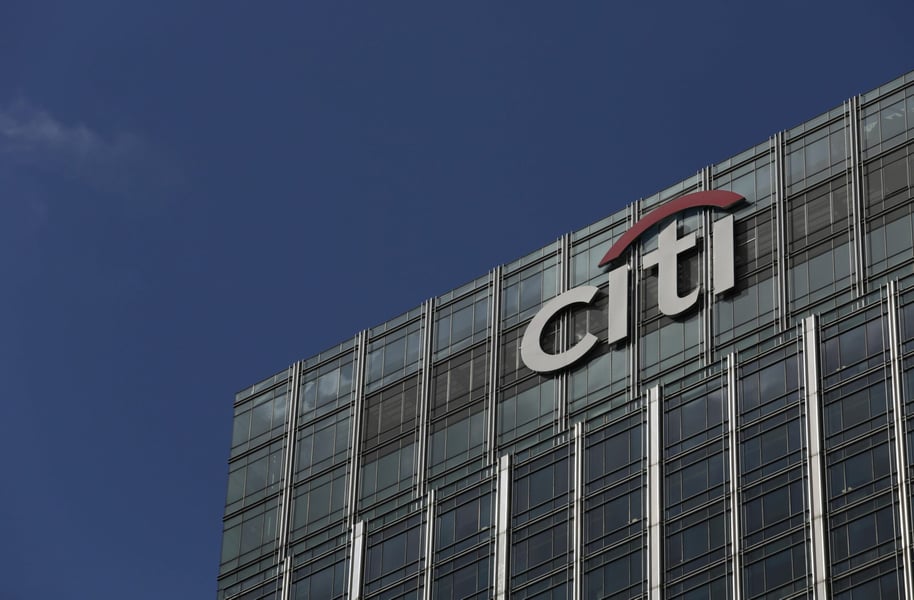

Citigroup Inc. joined rivals including UBS Group in touting its flexible work policies as a tool that will offer a competitive edge in recruiting and retaining top staff.
The lender’s employees will have the option of working from home at least part time, investment banking co-head Manolo Falco said at a virtual press briefing Wednesday. That will set the bank apart from some U.S. rivals that are taking a more hard-line approach to remote work, he said, naming JPMorgan Chase & Co. and Goldman Sachs Group Inc.
Global investment banks are broadly falling into two camps on their approach to flexible-work policies. While many in the U.S. are requiring staff to come back to the office, a growing number of European lenders, including UBS and Deutsche Bank, are saying that increased flexibility on a more permanent basis can improve staff morale and perhaps give them a hiring advantage.
Citigroup Chief Executive Jane Fraser said in March, shortly after taking on the top job, that being in the office is important for competitiveness, collaboration and mentoring young staffers. But she said the majority of the lender’s roles will still be designated as hybrid, where workers are in the office at least three days a week and working from home for as many as two.
The plan is to open Citigroup’s offices in New York City’s Tribeca neighborhood to as much as 30% of its broader staff next month. The bank also shifted gears regarding its summer-intern program in recent weeks, saying it will allow some of them to visit the lender’s New York headquarters in July. It had said in March that the 10-week summer program would be entirely virtual.
Goldman Sachs’s policy is more rigid. It’s requiring almost all U.S. employees to report to their desks. JPMorgan, similarly, is asking most of its U.S. workers to start regular office schedules July 6. And Morgan Stanley CEO James Gorman recently fired off a warning shot to employees hoping to continue working from home: “If you can go to a restaurant in New York City, you can come into the office, and we want you in the office.”
At Bank of America Corp., the expectation is that all vaccinated employees will return to the office after the U.S. Labor Day holiday in early September, CEO Brian Moynihan said earlier this month. The U.S. bank will then focus on developing plans for returning unvaccinated workers to its sites.
Citigroup’s position is closer to many of its counterparts in Europe, where banks have been offering more flexibility once pandemic restrictions are lifted. Last month, Societe Generale signed an agreement with its domestic union representatives allowing staff to work at home up to three days a week. Deutsche Bank has unveiled a hybrid model letting employees divide their work hours between the office and home.

Relationships are key to our business but advisors are often slow to engage in specific activities designed to foster them.

Whichever path you go down, act now while you're still in control.

Pro-bitcoin professionals, however, say the cryptocurrency has ushered in change.

“LPL has evolved significantly over the last decade and still wants to scale up,” says one industry executive.

Survey findings from the Nationwide Retirement Institute offers pearls of planning wisdom from 60- to 65-year-olds, as well as insights into concerns.
Streamline your outreach with Aidentified's AI-driven solutions
This season’s market volatility: Positioning for rate relief, income growth and the AI rebound
